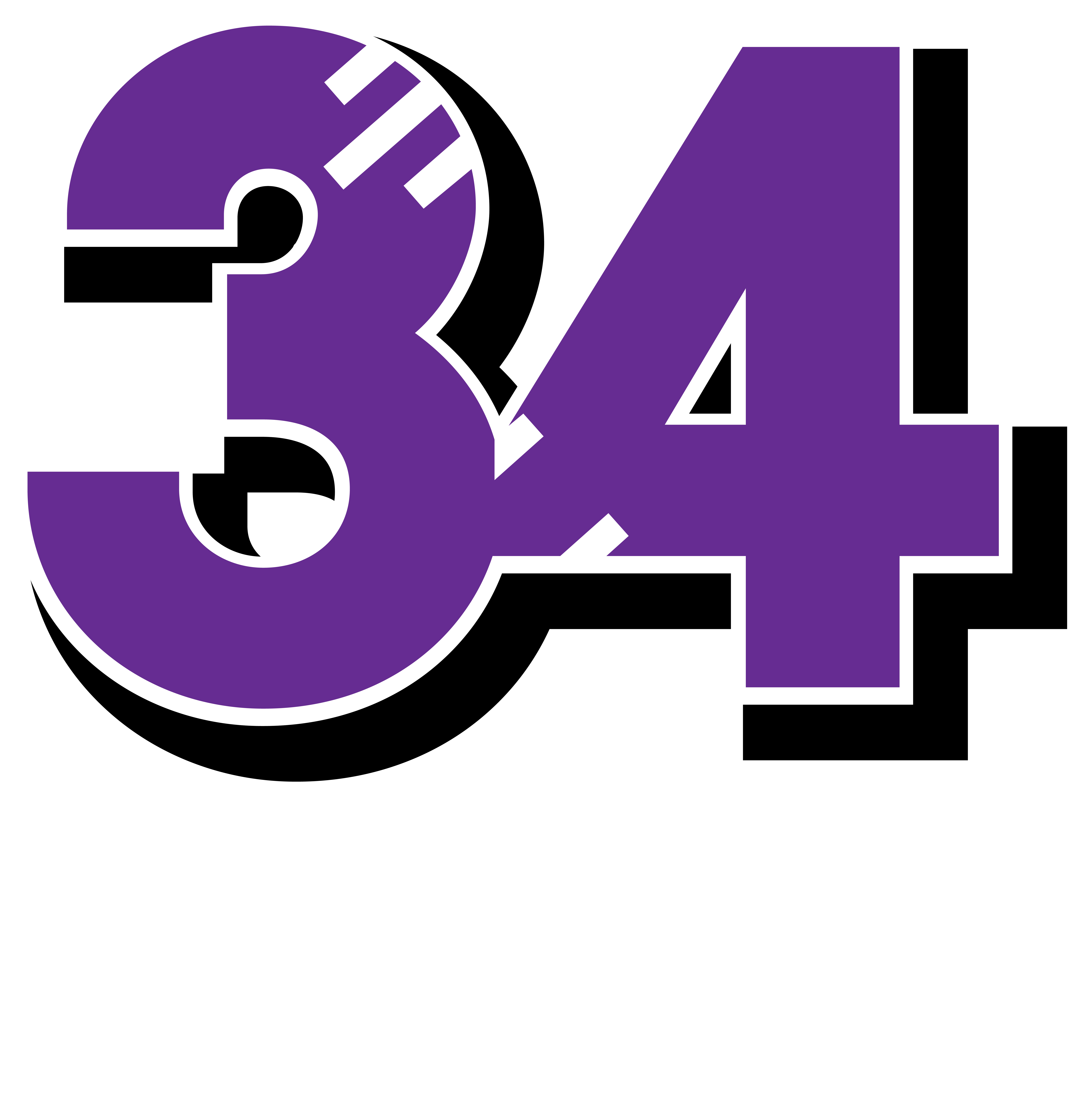A balanced and nourishing diet is the cornerstone of good health for everyone, regardless of physical ability. However, for individuals living with disabilities, particularly those in wheelchairs due to spinal cord injuries or other conditions, maintaining a healthy diet is not only essential for overall well-being but also plays a crucial role in managing specific health challenges.
Unique Dietary Considerations
People with disabilities, especially those using wheelchairs, may encounter specific challenges that impact their dietary habits and nutritional needs. These challenges can include:
- Reduced Mobility: Limited mobility may lead to a more sedentary lifestyle, potentially affecting metabolism and requiring adjustments in caloric intake.
- Muscle Atrophy and Spasticity: Individuals with limited mobility might experience muscle atrophy or spasticity, which can influence dietary requirements, including protein intake, to maintain muscle mass and function.
- Bladder and Bowel Management: Some disabilities can affect bladder and bowel function, necessitating dietary modifications to manage these aspects effectively.
- Pressure Sores and Skin Health: Maintaining a diet rich in nutrients like vitamins A, C, and E, along with adequate hydration, is crucial for preventing and healing pressure sores and maintaining healthy skin.
Importance of a Healthy Diet
A well-balanced diet offers numerous benefits that positively impact the health and quality of life of individuals with disabilities in wheelchairs:
- Optimal Nutrition: Proper nutrition is essential for overall health, supporting immune function, energy levels, and overall well-being.
- Weight Management: For individuals with reduced mobility, managing weight becomes crucial to prevent obesity or malnutrition, both of which can exacerbate existing health issues.
- Improved Bowel and Bladder Function: A diet rich in fiber, fluids, and specific nutrients can aid in managing bowel and bladder health for those with related challenges.
- Muscle Strength and Bone Health: Adequate protein intake, along with essential vitamins and minerals like calcium and vitamin D, supports muscle strength and bone health, critical for wheelchair users.
Components of a Healthy Diet
Adopting a healthy diet involves focusing on various components:
- Fruits and Vegetables: Incorporating a variety of colorful fruits and vegetables provides essential vitamins, minerals, and antioxidants.
- Proteins: Including lean meats, fish, poultry, legumes, nuts, and seeds helps maintain muscle mass and supports healing.
- Whole Grains: Opting for whole grains over refined carbohydrates provides fiber, aiding in digestion and maintaining stable blood sugar levels.
- Healthy Fats: Sources of healthy fats like avocados, nuts, seeds, and olive oil contribute to heart health and overall well-being.
Practical Tips for Implementing a Healthy Diet
- Consultation with a Nutritionist: Seek guidance from a nutritionist or healthcare professional to develop a personalized dietary plan catering to individual needs.
- Meal Planning and Preparation: Plan meals in advance, ensuring a balanced intake of nutrients and convenience in meal preparation.
- Hydration: Stay adequately hydrated, as water intake is crucial for overall health and the prevention of various health complications.
- Accessibility: Ensure accessibility to nutritious foods by considering factors like transportation, affordability, and ease of preparation.
A healthy diet is a fundamental aspect of holistic well-being for individuals in wheelchairs or living with disabilities. It not only provides essential nutrients but also aids in managing specific health challenges associated with reduced mobility. By emphasizing proper nutrition, personalized dietary plans, and accessibility to nutritious foods, individuals can optimize their health and improve their overall quality of life.
At The 34 Project, we advocate for holistic support for individuals with disabilities, including promoting awareness of the significance of a healthy diet in fostering overall well-being. Let us strive together towards creating inclusive environments that facilitate access to nutritious food options and empower individuals to lead healthier lives.
The 34 Project is dedicated to supporting and empowering individuals with disabilities. Join us in our mission to promote health, awareness, and inclusivity.

